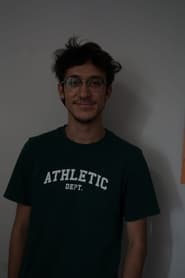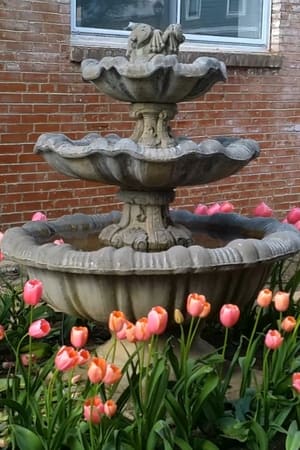

3STIGIA(2024)
A young film director invites a friend to his home to propose him to participate in his next short film, a free adaptation of the painting: The Passage of the Styx Lagoon.
Movie: 3STIGIA
Top 2 Billed Cast
Luciano/La Muerte

3STIGIA
HomePage
Overview
A young film director invites a friend to his home to propose him to participate in his next short film, a free adaptation of the painting: The Passage of the Styx Lagoon.
Release Date
2024-07-24
Average
0
Rating:
0.0 startsTagline
Genres
Languages:
EspañolKeywords
Similar Movies
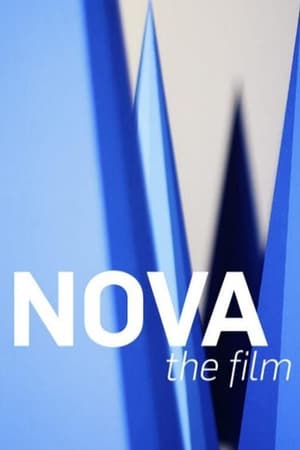 0.0
0.0Nova the Film(en)
An inspiring 75min DIY documentary film on new art and the young artists behind it. It was all filmed on the heat of live action of the first NOVA Contemporary Culture Festival, July and August 2010 in São Paulo, Brazil.
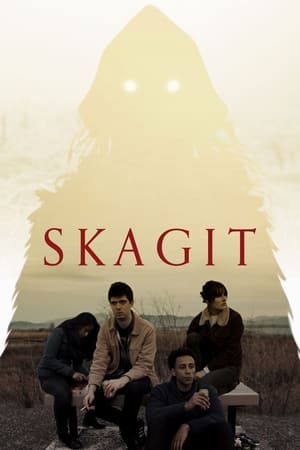 0.0
0.0Skagit(en)
Four friends leave Seattle for a weekend in a remote, rain-soaked corner of Washington State's rustic Skagit Valley. The foreboding October landscape begins to warp their minds, plunging each of them into alternate realities where they must grapple with personal demons, sexual tensions, and a sinister natural world as they claw their way back to sanity.
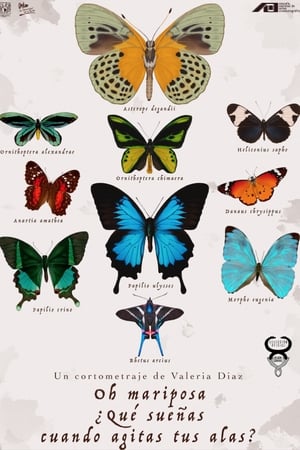 0.0
0.0Oh butterfly, what dou you dream of when you flap your wings?(es)
The work of taxonomists hides more secrets than can be perceived.
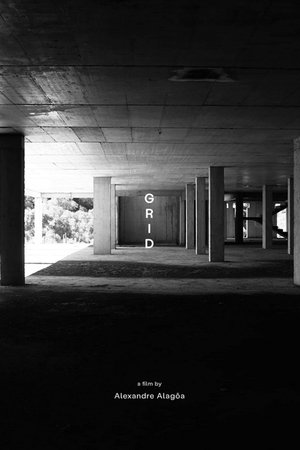 6.0
6.0Grid(pt)
A ritual of grids, reflections and chasms; a complete state of entropy; a space that devours itself; a vertigo that destroys the gravity of the Earth; a trap that captures us inside the voids of the screen of light: «That blank arena wherein converge at once the hundred spaces» (Hollis Frampton).
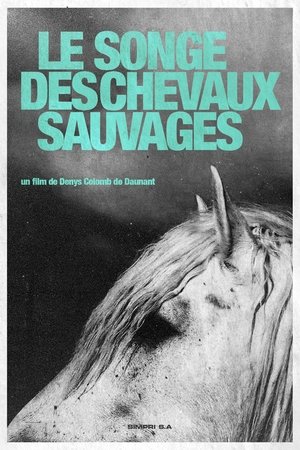 8.0
8.0Dream of the Wild Horses(fr)
The horses in Denys Colomb Daunant’s dream poem are the white beasts of the marshlands of the Camargue in South West France. Daunant was haunted by these creatures. His obsession was first visualized when he wrote the autobiographical script for Albert Lamorisse’s award-winning 1953 film White Mane. In this short the beauty of the horses is captured with a variety of film techniques and by Jacques Lasry’s beautiful electronic score.
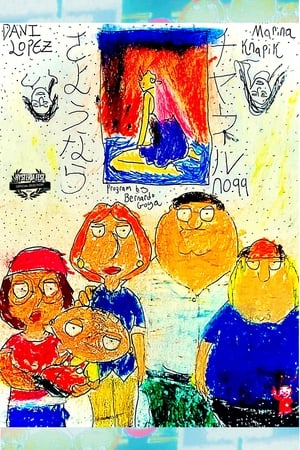 0.0
0.0Goodbye Channel 99(en)
A silent film mourning the death of Analog television.
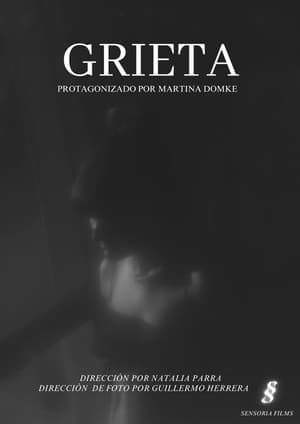 10.0
10.0Rift(es)
Daniela (24) is a ghost in pain. Her life ended suddenly and painfully, leaving her friend and roommate, Mónica (22) alone in their shared apartment in Santiago, Chile. Daniela feels her frustration grow within her, as she fears that her time in limbo will never end.
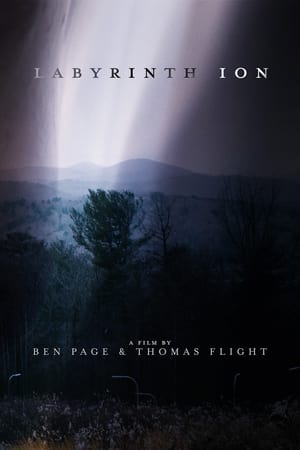 0.0
0.0Labyrinth Ion(en)
One evening under the light of a streetlamp in an unsuspecting neighborhood, events of both microscopic and cosmic proportions take place.
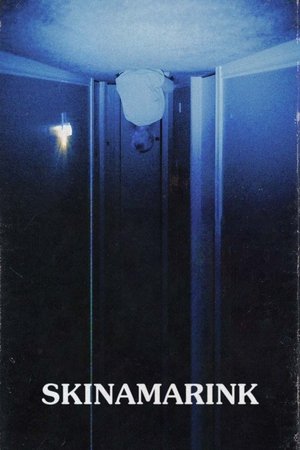 5.4
5.4Skinamarink(en)
Two children wake up in the middle of the night to find their father is missing, and all the windows and doors in their home have vanished.
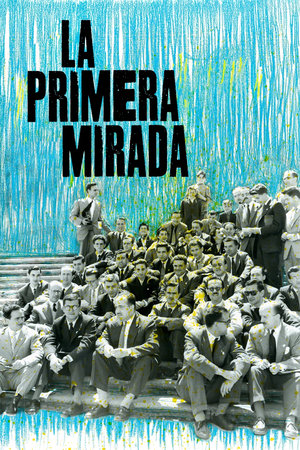 0.0
0.0The First Look(es)
In Spain, a poor country ruined by the recent Civil War (1936-39), and in the midst of Franco's dictatorship, a film school was created in Madrid in 1947, which became, almost unintentionally, a space of freedom and pure experimentation until its closure in 1976.
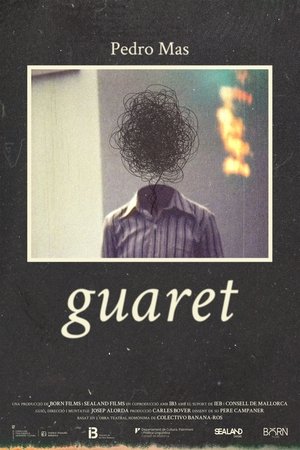 0.0
0.0Guaret(ca)
Pedro is Mallorcan, born to a mother from Burgos and a father from Mallorca. Due to his distant relationship with his father, Pedro doesn't fully master Mallorcan as a language. He turns to the works of Damià Huguet to remember his father, as only his poems can fill the void left by his death. The poet's words transport Pedro to his childhood and his roots, even though many of the words are unknown to him, despite them belonging to his language. This becomes the driving force behind the protagonist's search for his own identity, his origins, what it means to be a man, father-son relationships, collective identity, and "mallorquinness". Pedro constantly questions the emotions stirred by Huguet's poetry, and, most importantly, who he is and where he belongs.
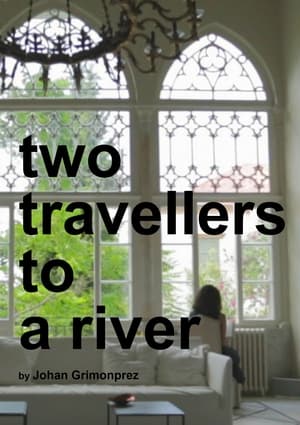 5.0
5.0Two Travellers to a River(ar)
When asked a question on politics, late Palestinian poet Mahmoud Darwish once answered: “I write about love to expose the conditions that don’t allow me to write about love.” In TWO TRAVELERS TO A RIVER Palestinian actress Manal Khader recites such a poem by Mahmoud Darwish: a concise reflection on how things could have been.
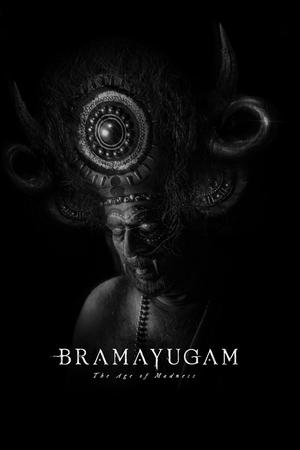 7.4
7.4Bramayugam(ml)
Thevan, a folk singer of the Paanan caste, has a fateful encounter when escaping slavery, leading to discover an ancient tradition altering his destiny.
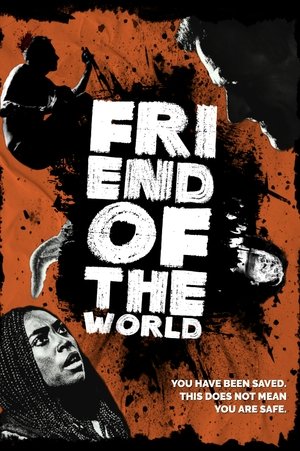 4.2
4.2Friend of the World(en)
After a catastrophic global war, a young filmmaker awakens in the carnage and seeks refuge in the only other survivor: an eccentric, ideologically opposed figure of the United States military. Together, they brave the toxic landscape in search of safety... and answers.
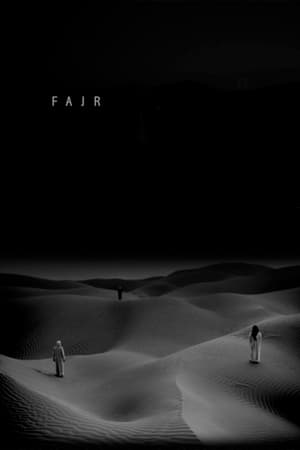 7.0
7.0Fajr(ar)
In the Moroccan desert night dilutes forms and silence slides through sand. Dawn starts then to draw silhouettes of dunes while motionless figures punctuate landscape. From night´s abstraction, light returns its dimension to space and their volume to bodies. Stillness concentrates gaze and duration densify it. The adhan -muslim call to pray- sounds and immobility, that was condensing, begins to irradiate. And now the bodies are those which dissolves into the desert.
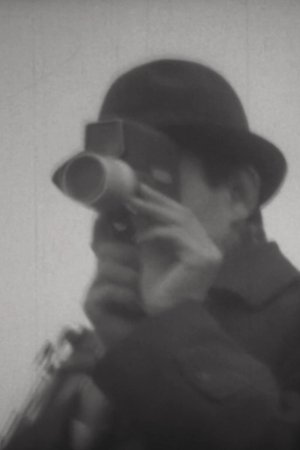 0.0
0.0Nomadtitude(en)
Using footage from socialist era Mongolia, Nomadtitude deals with the transition of the traditionally nomadic people to a lifestyle of urbanization. A changing of roads throughout the years and the movement of people from all across the country to the cities. A timeline of changing physical and spiritual paths. Primary instincts of the nomads, such as having a deep respect for natural surroundings, were forcefully replaced by socialist dogma and, later, capitalist machinations. This work presents the roads taken and not taken by the Mongolian nomads up until now. (Zulaa Urchuud)
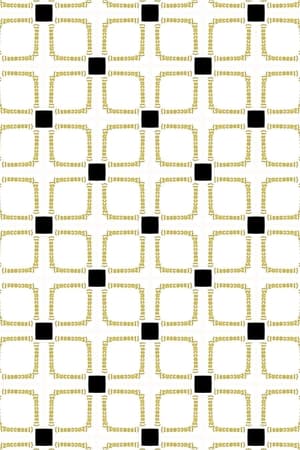 0.0
0.0Several Successful Situations; Simultaneous & Successive(en)
I enjoy religion, I appreciate belief systems and how they offer structure to people's lives. I also appreciate how spirituality manifests itself in Asian cultures as this almost earthbound presence guiding people through every day life and when they need an extra bit of help they need only ask whichever deity holds dominion over their desire. Here is an experimental film I made with videos from my iPhone. Shot across Taiwan and South Korea. An experimental film I made with videos from my iPhone. Shot across Taiwan and Korea. My aim was to explore success in how it pertains to every day life, the satisfaction of small moments, spirituality, superstition, and daily rituals.
